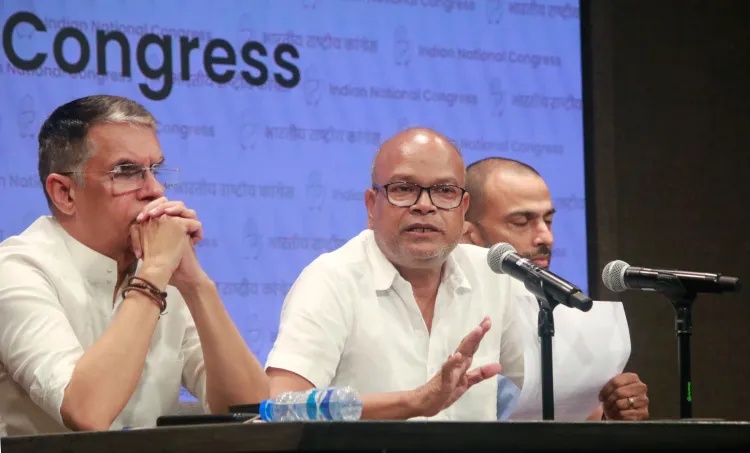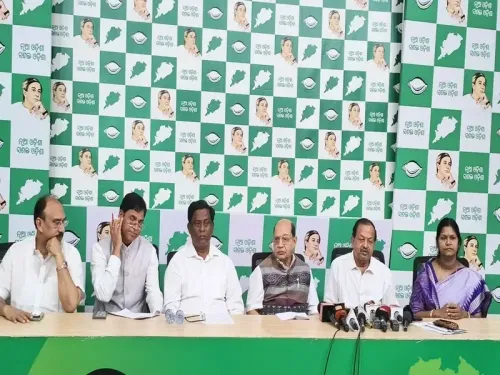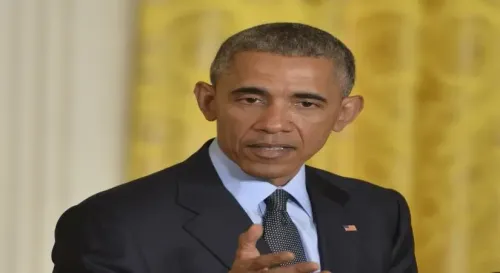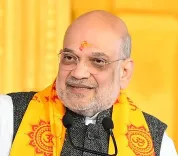Is the Timing of Bihar's Voter Roll Revision Adequate?

Synopsis
Key Takeaways
- The SIR aims to update electoral rolls.
- Opposition parties express concerns over timing.
- Logistical challenges of comprehensive revision.
- The ECI assures a phased approach.
- Election dates are imminent.
New Delhi, July 3 (NationPress) The Election Commission of India’s (ECI) decision to initiate a Special Intensive Revision (SIR) of voter rolls in Bihar has faced pushback from significant opposition parties. Their concerns are not about the goal of the initiative but rather the insufficient time left before the state elections, which are set to occur in just three to four months.
The opposition, including the Congress, Rashtriya Janata Dal (RJD), Samajwadi Party, and the Communist Party of India (CPI), has expressed doubts regarding the practicality of carrying out a thorough revision in such a compressed timeframe. Sources indicate that a delegation from the INDIA Bloc met with ECI officials in New Delhi on Wednesday to voice these worries.
They cautioned that rushing the voter roll revision could potentially distort the electoral landscape so close to the elections. The primary concern revolves around the logistics of how an intensive revision—which necessitates door-to-door verification, new enrolments, and corrections—can be accomplished accurately and comprehensively in the limited timeframe before voting.
The opposition emphasizes that their concern lies not with the principle of revising the rolls but rather with whether it can be executed effectively without risking the exclusion of eligible voters or introducing errors under pressure.
It is important to note that at no point did any opposition parties, including the Congress, RJD, or the Left, oppose the concept of the SIR itself. Their objections are specifically focused on the timing, which they believe could jeopardize the transparency and inclusiveness of the electoral process.
The ECI has reassured the opposition that the roll revision will be conducted in a phased and structured manner, aimed at enhancing voter inclusion, despite the tight schedule.
Nevertheless, the opposition remains skeptical. With elections anticipated as early as October or November, they argue that attempting a comprehensive revision now could overwhelm the system, rendering the process a mere formality instead of a significant update.
The message is unequivocal: while a revision of electoral rolls is crucial, undertaking it under severe time constraints could undermine the very objectives it seeks to accomplish.










